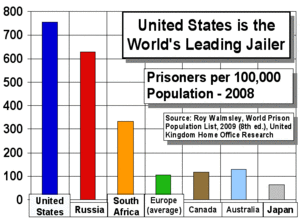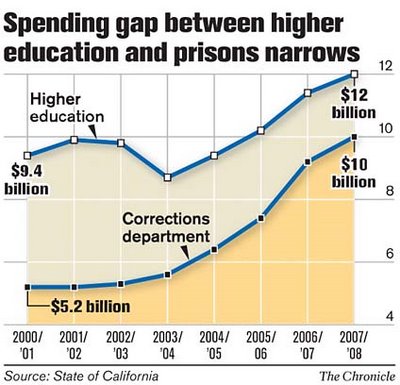My darling 22 year-old daughter wound up with a second DWI, becausePresumably this was for driving while intoxicated (DWI) with alcohol. We tried Prohibition for alcohol back in the 1920s, and repealed it in the 1930s, because it produced criminal gangs while failing to stop people from drinking alcohol. So instead we criminalized the misuse of alcohol such as while driving and legalized, regulated, and taxed purchase of alcohol. And now we mostly don’t actually lock people up for DWI: we put them on supervised probation.the first one was a wrist-slap. Don’t hate me as a parent because of it. But she went to DWI Court in Austin. The year of intense supervision and no-nonsense attitude and her willingness to not fight it (much) has turned her attitude and Life around. Did it suck for her? Why, yes. But, who knows but what it saved someone else’s life? And maybe it saved her own. I have become a Fan of Very Supervised Probation. If she’d gone to jail for six months, I suspect she’d have just come out hating society and gone right back to what put her there.
-Robert Nagle
It’s time to do the same for other drugs. We can’t afford to continue to spend more taxpayer dollars on locking people up than on education.
-jsq















